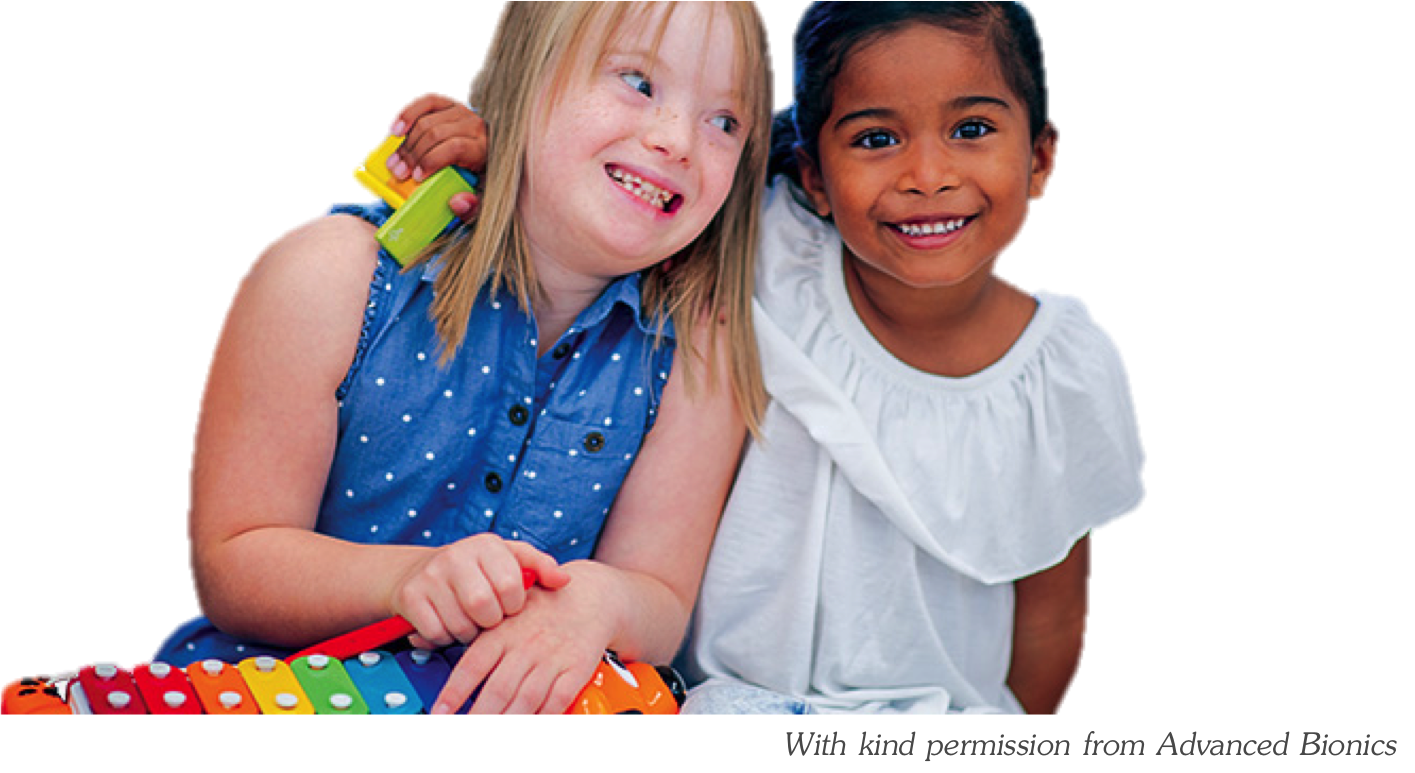Music to promote early language
|
|
Additional needs
Music is motivating, is it engaging and fun. It is also soothing, reassuring, relaxing, bringing a sense of security and comfort. We know that music impacts early brain development and that it helps to develop a foundation for language. For these reasons, music can be used to help children with additional needs. In this video, music therapist Ryan Judd (2014) explains 'Why music is so powerful for children with special needs.' He outlines the following 5 reasons which are explained in this article from The Rhythm Tree. 1. Music motivates This article explains sensory integration and how all of our senses work together in our day-to-day experiences. Some children whose senses do not process information simultaneously will have difficulty doing a specific task, such as one that involves looking and listening at the same time. Music provides auditory stimulation and can improve the brain's ability to process information that is beneficial for sensory integration, coordination and behaviour (Brooks, 2021). Music can be used to develop attention, promote language learning and improve speech production. In this article the benefits of music therapy for children with autism are outlined and focus on:
The Power of Music for Children with Special Needs (Lucas, 2020)
References BBC Something Special. [Online] Available at: https://www.bbc.co.uk/cbeebies/shows/something-special [Accessed: 18 April, 2021]. Brooks, E. (2021) 'The Impact of Music on Speech Therapy', Harmony, Music Therapy [Online] Available at: https://harmonymusictherapy.com/the-impact-of-music-on-speech-therapy/ [Accessed: 21 April, 2021]. Harmony Music Therapy (2013) Autism Treatment: Understanding Sensory Integration. [Online] Available at: https://harmonymusictherapy.com/autism-treatment-understanding-disrupted-sensory-integration/ [Accessed: 16 April, 2021]. Harmony Music Therapy (2018) What can Music Therapy Do? (Austism Edition) [Online] Available at: https://harmonymusictherapy.com/what-can-music-therapy-do-autism-edition/ [Accessed: 21 April, 2021]. Judd, R. (2014) 5 reasons why music helps children with special educational needs, The Rhythm Tree. [Online] Available at: www.TheRhythmTree.com [Accessed: 17 April, 2021]. Lucas, M (2020) The power of music for children with special needs. The Music Room. [Online] Available at: https://www.themusicroomleeds.com/tmr-blog/2020/4/16/the-power-of-music-for-children-with-special-needs [Accessed: 17 April, 2021]. Makaton.org [Online] Available at: https://makaton.org [Accessed: 18 April, 2021]. |




 Something Special
Something Special